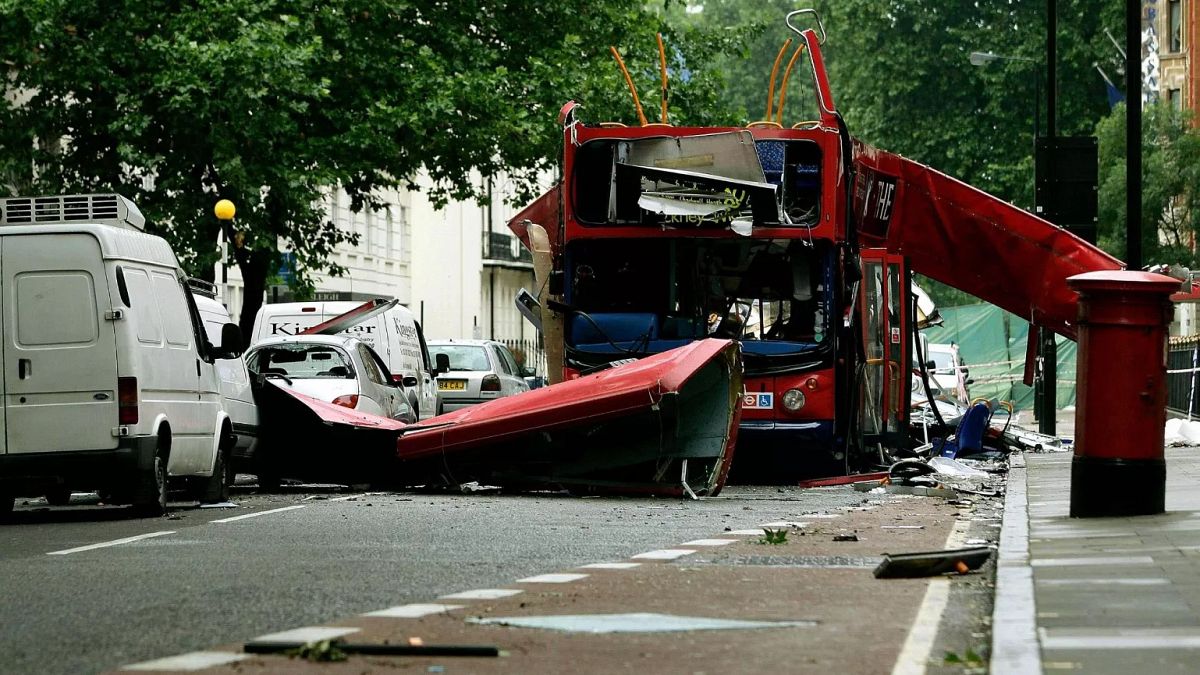

Today marks a significant moment of reflection for London, as the city commemorates the 20th anniversary of the tragic events of 7 July 2005. On that somber day, the city’s transport system was attacked by four suicide bombers, resulting in the loss of 52 lives and hundreds more being injured. This anniversary serves as a poignant reminder of resilience and the enduring spirit of a city that continues to heal and grow stronger.
The people of London, alongside individuals who have been affected by similar events worldwide, gather in solidarity to honor the memories of those lost while fostering a sense of unity. The anniversary is not only an occasion to remember but also a time to appreciate the progress made in improving safety and emergency response mechanisms. These advancements ensure that such tragedies are met with robust preventive and responsive measures in the future.
In a different part of Europe, new developments concerning border regulations are unfolding. Poland has announced the introduction of temporary border controls with Germany and Lithuania, set to commence on Monday. This decision comes as a response to what Polish authorities see as Germany’s handling of the ongoing migrant crisis. Prime Minister Donald Tusk has articulated this measure as a necessary step to address increased concerns about illegal migration and enhance security for the nations involved.
The decision to reintroduce checks signifies the complex dynamics of regional unity and individual national concerns within the European Union. Poland’s move highlights the balancing act countries perform between open borders, which facilitate trade and movement, and protective measures needed to address specific national security challenges. As such, these temporary controls are expected to be conducted with care, ensuring minimal disruption to the daily lives of citizens while maintaining necessary vigilance.
Meanwhile, on the international stage, significant attention is focused on the Middle East, where Iran’s supreme leader has made his first public appearance since the conflict with Israel began. The leader’s presence at a public event marks a noteworthy moment within the ongoing geopolitical tension between the nations. The conflict, deeply rooted in complex historical and political contexts, continues to impact not only the immediate region but also international relations at large.
In such times of tension, the global community often looks toward diplomatic channels and dialogue as pathways to peace. The international community closely monitors developments, hoping for steps that might lead to resolution and a reduction in conflict. It is in moments like these that calm and strategic diplomacy can illuminate the path to a more peaceful future.
Across the globe, as regions navigate the multifaceted challenges of our time, the importance of being informed, engaged, and mindful of the delicate balance that global societies maintain becomes ever more critical. Engaging with these topics encourages a deeper understanding of the factors at play, fostering empathy and cooperation among people and nations.
As Europe and the broader international community confront these varied challenges, collective effort and mindful action remain at the forefront of driving positive change. While anniversaries serve as reminders of past hardships, they also emphasize the power of resilience and the potential of a unified, compassionate future.
Source: {link}
